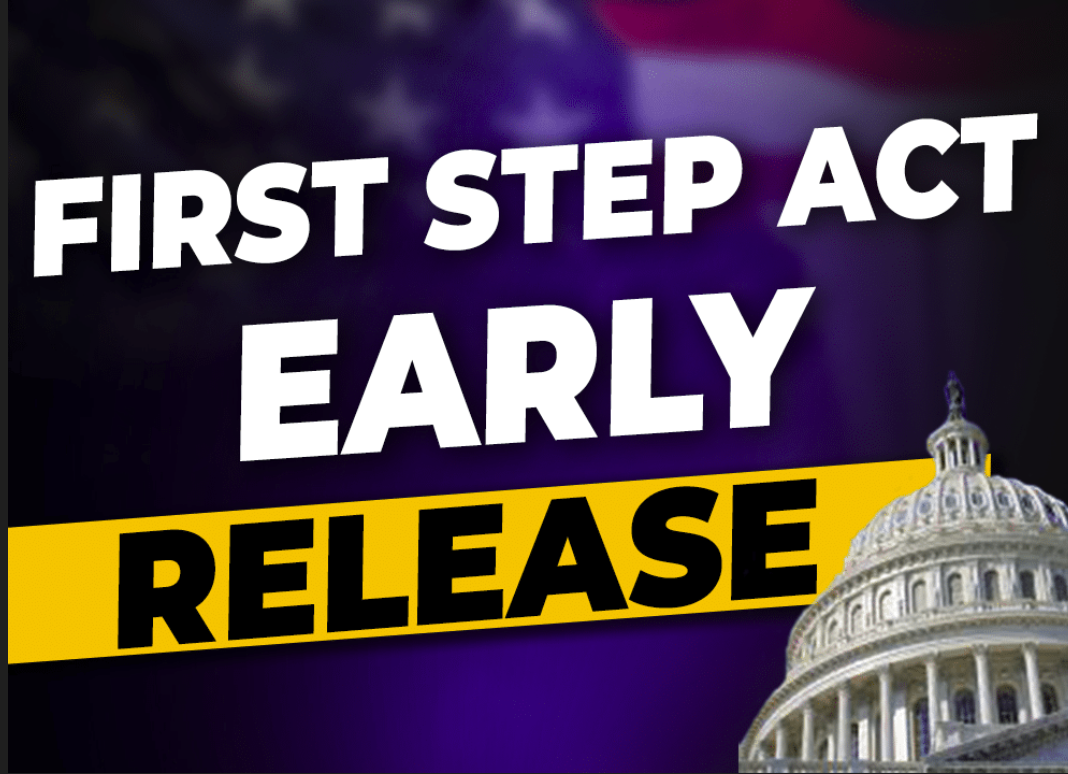 The Amazing Progress Of The 2018 First Step Act
The Amazing Progress Of The 2018 First Step Act
Sixteen years ago, the First Step Act was signed into law with two primary objectives: to reduce unnecessarily lengthy federal sentences and enhance conditions within federal prisons. Soon after the act was signed into law, a number of key components of the law began to function effectively, restoring greater fairness to federal sentencing and contributing to the country’s alarmingly large federal prison population, that was well over 210,000 at the time.
The First Step Act achieved two significant goals, both aimed at transforming the federal justice system into a fairer and more rehabilitative entity:
1. Sentencing Reforms: The act introduced measures to shorten federal prison sentences and provide individuals with more legal avenues to avoid mandatory minimum penalties. By expanding the options for judges to impose sentences lower than the statutory minimum in certain cases, the First Step Act empowered them to make more compassionate decisions. These reforms took effect almost immediately upon the act’s signing, with judges promptly sentencing individuals to shorter prison terms.
2. Prison Reform: The law’s prison reform elements were designed to improve conditions in prisons by curbing inhumane practices. Notably, the act eliminated the use of restraints on pregnant women and encouraged the placement of individuals in prisons that were closer to their families. Additionally, the First Step Act shifted the focus towards rehabilitation rather than solely punishment.
The 2018 First Step Act demonstrated promising results in its sentencing reforms. For instance, prior to 2010, an offense involving 5 grams of crack cocaine was punished as severely as an offense involving 500 grams. While the Fair Sentencing Act of 2010 addressed this disparity, individuals who had been sentenced before enactment of the First Step Act continued to serve sentences that were outdated. As of January 2024, due to the First Step Act’s retroactive application of the Fair Sentencing Act, over 4,000 people had their sentences reduced. The expansion of judicial discretion in certain drug cases affected approximately 1,400 people within a year of its enactment, and changes to compassionate release also allowed for the release of more than 2,600 people during the Covid-19 pandemic. Since the high of 2013, the population has dropped 28%, by almost 61,000 people.
Prison reforms are more difficult to measure, but the most recent annual report on the First Step Act educational effort in federal prisons has greatly expanded, making 112 programs available across all institutions, supported by 385 newly funded positions, including psychologists, educators, medical providers, and program staff. This increase in resources resulted in 443,569 program completions as of January 2024. Additionally, participation in medication-assisted treatment of those with substance abuse disorder has surged by 200% since October 2023, with more than 68,000 people engaged in drug treatment during fiscal year 2023.
These changes have improved public safety. With more 44,000 people released under the First Step Act, the recidivism rate for this group stands at a relatively low 9.7 percent. The First Step Act is working, and with unrelenting effort, we may move closer to the goal of rehabilitation and restoration.
Nancy








